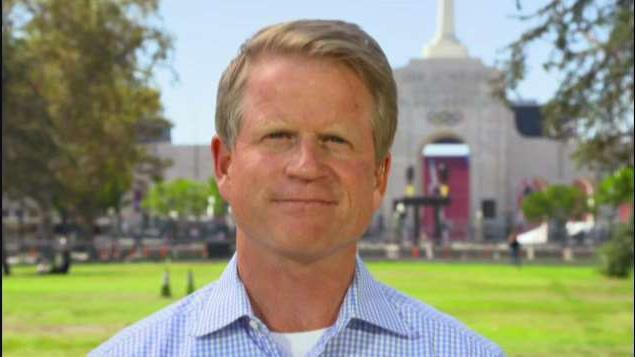Horse racing on the decline? Not in this state, according to local industry leader
Signs of decline in the U.S. horse racing industry haven’t deterred the sport’s investors and enthusiasts in Massachusetts, where multiple multimillion-dollar thoroughbred track projects have emerged just weeks after the once-venerated Suffolk Downs held its last races.
The Massachusetts Thoroughbred Horsemen’s Association (MTHA) became the third group to enter the race to re-establish the sport, partnering with an investment group in pursuit of a $60 million race complex in Rowley that seeks to hold at least 60 live racing events each year, the Boston Globe reported. Other projects include a $300 million pitch from the Notos Group to develop a multi-purpose complex around a new track and a $15 million initiative from Suffolk Downs’ former owners to revitalize the Great Barrington Fairgrounds.
The three projects seeking approval will have to overcome the financial difficulties that doomed Suffolk Downs as well as sagging fan interest, participation and horse safety concerns that have plagued the sport in recent years. MTHA President Bill Lagario argues that Suffolk Downs’ issues were due to mismanagement rather than a sign of a dying industry.
“We don’t feel as though we’re coming into a market that’s dead, but we feel as though we’re coming into a market that the perception around everybody was that it was pronounced dead a long time ago,” Lagario told FOX Business. “You don’t have to go back too long ago to see 35,000 people at the Massachusetts Handicap.”
Wagering on U.S. horse racing events experienced a significant decline in recent years to roughly $11.2 billion in 2018 from $16 billion in the early 2000s, according to Equibase. A recent New York Times report that 2018 Triple Crown winner Justify failed a drug test ahead of his history-making run reignited calls for stricter, uniform standards for the treatment of horses.
The Rowley project’s plan calls for a slate of at least 60 days of live racing each year – a number Lagario and his partners argue will revitalize local agriculture-based businesses that support horses, boost the local breeding industry and lure big racing outfits back to Massachusetts. The cost of shipping race horses can be so prohibitive that many outfits won’t travel for a short slate.
“That’s a really a base number to get the industry rolling again. Breeding in this state, last year, there were eight foals born. Eight. The number eight. It was not enough to start a card game,” Lagario said.
All three projects would require the approval of state legislators to move forward, and all three aim to make use of funds from the Race Horse Development Fund, which earmarks proceeds from in-state casinos toward prize money for horse racing events.
Lagario said race purses of $225,000 to $240,000 would “give everybody the opportunity to make money.”
As for concerns that attendance and fan interest in horse racing is on the decline, Lagario said technology has simply changed the way they interact with the sport.
CLICK HERE TO READ MORE ON FOX BUSINESS
“The dynamics have changed. So many people are betting on their phone and computers that, weekdays, the handle is still healthy, the gambling is going on, but you might not have physical crowds there,” he said. “Nationwide, it is not dead….I don’t see the trend going that way. I see people building tracks, I see people reopening tracks, I don’t see anybody selling a track. To me, that’s a clear sign that the industry is pretty healthy.”




















